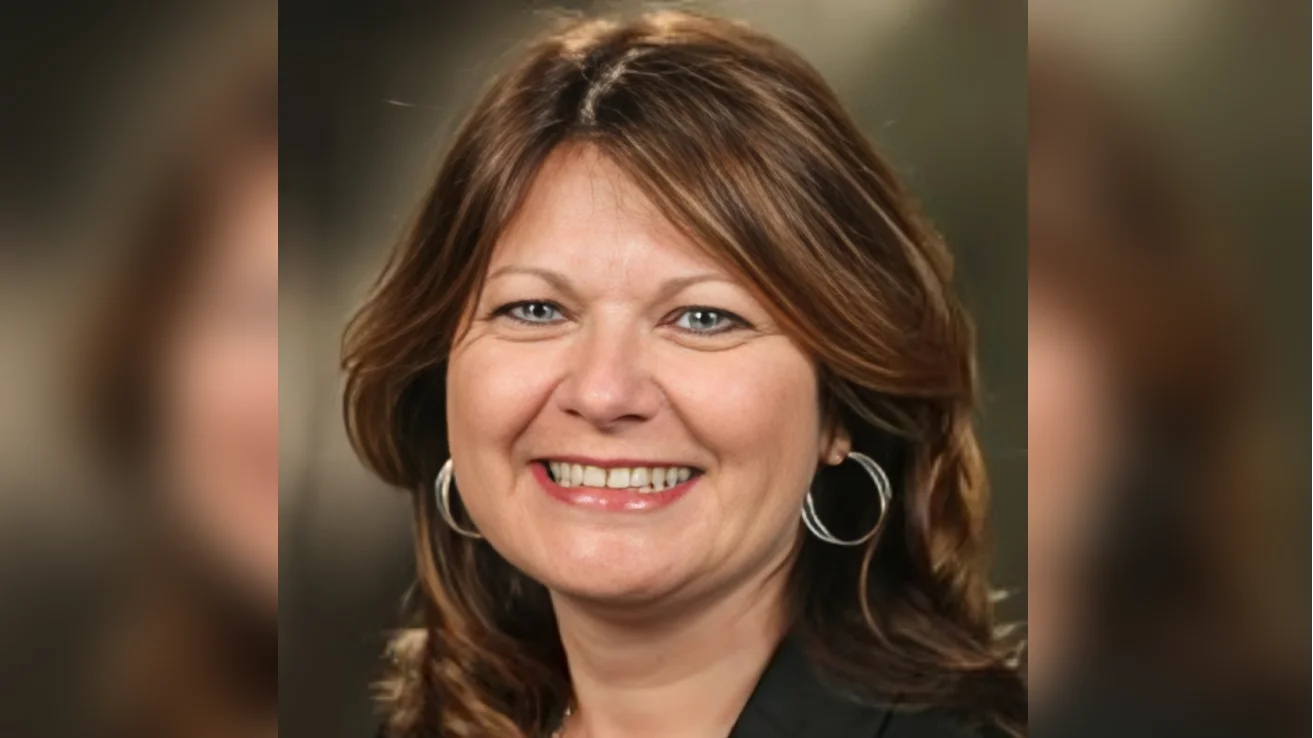
With the state budget deadline approaching, Senate Republican budget officer Declan O’Scanlon has raised concerns about potential new taxes on utility ratepayers included in Governor Phil Murphy’s proposed $1 billion tax surcharge on businesses.
In February, Governor Murphy introduced a $55.9 billion budget that suggested replacing the former 2.5% corporation business tax (CBT) surcharge with a new $1 billion tax on large corporations to fund NJ TRANSIT. The previous 2.5% CBT surcharge expired on December 31, 2023, and the new "Corporate Transit Fee" would be retroactive to January 1, 2024.
“With two weeks to go before the Legislature considers the governor’s CBT surcharge proposal, draft legislation is circulating that would newly extend the old tax surcharge to water, gas, and electric utilities,” O’Scanlon said in a statement issued Tuesday.
“We know the tax will get passed along to everyone who drinks water, lights up the gas grill, heats their house, or turns on the air conditioning. It’s bad enough that the Governor is retroactively re-imposing an old surcharge that gets passed along to middle-class shoppers at Home Depot, Walmart, and Aldi; but now it will newly slam water, gas and electric consumers who had previously been protected,” he added.
The New Jersey Business & Industry Association (NJBIA) has been leading a “Do Better for Business” campaign against the governor’s proposed corporate tax. If enacted, this measure would result in New Jersey having the highest corporate business tax rate in the nation at 11.5%, potentially worsening its business climate.
NJBIA Chief Government Affairs Officer Christopher Emigholz stated Wednesday that any effort by lawmakers to raise taxes on corporations as part of the budget would be misguided for several reasons including increased costs for all New Jersey residents. Emigholz noted that FY25 budget bills have not yet been introduced or made publicly available; current information is based on rumors from behind-the-scenes legislative discussions.
“Although there are months of legislative hearings historically, the actual budget bill isn’t made public until days or even hours before the June 30 deadline for adopting the new state budget,” Emigholz said. “We urge legislative leaders to make the process more transparent and keep new taxes on businesses, utility ratepayers and all residents out of the budget bill.”
Closed-door negotiations between legislative leaders and Murphy's administration have reportedly included discussions about raising sales tax back to 7%. However, Assembly Speaker Craig Coughlin told New Jersey Advance Media on Tuesday he opposed increasing sales tax but would “seriously consider” reinstating a 2.5% surcharge on corporations.
O’Scanlon warned of a potential “June surprise” due to projections indicating that Murphy's proposed corporate tax could generate significantly more revenue than anticipated from merely reinstating an old surcharge. He speculated this might be due to rumored additional taxes on utilities.
“In June, budget and tax legislation gets enacted in mere days after being available for public scrutiny,” O’Scanlon said. “Like the budget itself this legislation will have a June surprise if I’m wrong; let them release their actual proposal with thorough explanations why it collects hundreds of millions more than just reimposing surcharges.”